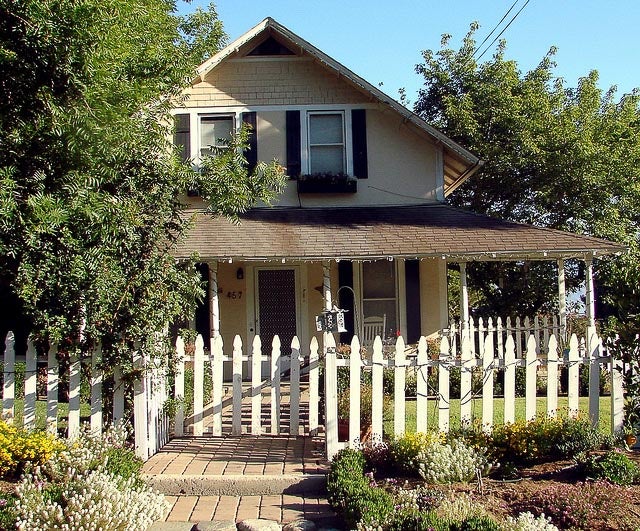While the Urban Edge strives to provide readers with daily news and insights about urban policy, we’re also voracious readers of city news ourselves. As part of a weekly feature, senior editor Ryan Holeywell highlights the week’s most interesting articles from around the web about urban policy and city life.
How Welfare Reform Changed American Poverty, In 9 Charts
Twenty years ago, Bill Clinton signed welfare reform into law. The Washington Post's Wonkblog looks at the data that's emerged since then. It concludes, "the hardships of poverty in the aftermath of the recent recession have exposed what critics say are shortcomings of welfare reform." Though fewer people are on welfare, the reforms haven't saved the government money, and poverty is higher than it was 20 years ago.
Why Millennials Aren't Buying Houses
There's been no shortage of pieces about the much-reported statistic that the share of 18- to 34-year-olds who are homeowners today is at a 30-year low. But a more important story that often goes untold, City Lab argues, is the bifurcation of Millennials into two distinct groups. One is highly educated and mobile. Its members move to dense cities and delay homeownership in order to pursue careers. The other group includes young people who grew up in poor areas, are less likely to attend college or move, and are too poor to leave the area they call home. The reason homeownership is down for Millennials is largely due to the latter group, City Lab writes.
7 things I Wish People Understood About Being a Teacher
The "cult of the superteacher has to go," argues a California high school teacher in an essay for Vox. He says that the mythology around these teachers -- young, 20-somethings who work 18-hour days -- does more harm than good and creates the unrealistic expectation that individual instructors "can single-handedly fix society's most pressing problems." The archetype unfairly encourages teachers to sacrifice their own rest and free time to keep their employment -- and it ultimately leads to burnout, he writes.
What's Next For Dallas' Homeless Population After Tent City Evictions?
This spring, Dallas leaders closed down the "tent city" homeless slum, in response to two murders in the area. The area had a tricky relationship with Dallas authorities, who instructed the homeless to live there -- and even added portable toilets and dumpsters to the area. The Texas Standard interviews a journalist who spent six weeks living in Dallas' tent city and explains the area's complicated relationship with city leaders.
Payday Lenders Retreat in the Face of New Restrictions
A local law that took effect in Houston two years ago seems to be succeeding at curbing the activities of payday and title loan shops -- and in many cases, it's driving them out of business, the Houston Chronicle reports. The number of stores has declined from 310 to 187 since the law passed. What's unclear is what effect that trend is having on the people who use those services. Some advocates suggest the same consumers are just taking out more loans from multiple stores; others point to the rise in the number of pawnshops in Houston.






